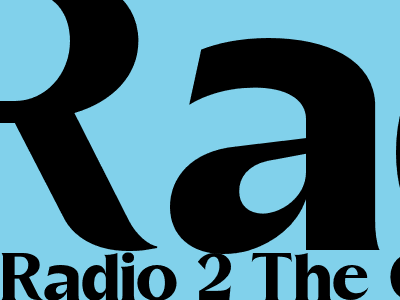Radio 2: The Cure
A deep-dive into the history of a British rock band
Formed in 1976, The Cure is among the most successful and influential British rock bands of all time. The band is known for its dark and atmospheric sound, which has been described as a mix of post-punk, goth, and new wave. The band has sold over 27 million albums worldwide and has been inducted into the Rock and Roll Hall of Fame.
The Early Years
The Cure was formed in Crawley, England, by Robert Smith (vocals, guitar), Michael Dempsey (bass), and Laurence Tolhurst (drums). The band's early sound was influenced by punk rock, but they quickly developed their own unique style.
In 1979, The Cure released their debut album, Three Imaginary Boys. The album was a commercial success, and the band quickly gained a following. In 1980, The Cure released their second album, Seventeen Seconds. The album was a darker and more atmospheric affair than their debut, and it helped to establish The Cure as one of the leading bands of the post-punk era.
The 1980s
In 1981, The Cure released their third album, Faith. The album was a commercial and critical success, and it helped to make The Cure one of the most popular bands in the world. In 1982, The Cure released their fourth album, Pornography. The album was a dark and depressing affair, and it reflected Smith's personal struggles with depression and anxiety.
In 1984, The Cure released their fifth album, The Top. The album was a more upbeat and positive affair than Pornography, and it helped to bring The Cure to a wider audience. In 1985, The Cure released their sixth album, The Head on the Door. The album was a commercial success, and it helped to establish The Cure as one of the most successful bands of the 1980s.
In 1987, The Cure released their seventh album, Kiss Me, Kiss Me, Kiss Me. The album was a commercial and critical success, and it helped to make The Cure one of the most popular bands in the world. In 1989, The Cure released their eighth album, Disintegration. The album was a critical and commercial success, and it is considered one of The Cure's best albums.
The 1990s
In 1992, The Cure released their ninth album, Wish. The album was a commercial success, and it helped to keep The Cure at the forefront of popular music. In 1994, The Cure released their tenth album, Wild Mood Swings. The album was a departure from The Cure's previous sound, and it was not as well-received by critics or fans.
In 1996, The Cure released their eleventh album, Swing. The album was a return to The Cure's darker sound, and it was well-received by critics and fans. In 1998, The Cure released their twelfth album, Bloodflowers. The album was a slow and reflective affair, and it was well-received by critics and fans.
The 2000s and Beyond
In 2000, The Cure released their thirteenth album, The Cure. The album was a mix of new and old material, and it was well-received by critics and fans. In 2004, The Cure released their fourteenth album, The Cure. The album was a more experimental affair, and it was not as well-received by critics or fans.
In 2008, The Cure released their fifteenth album, 4:13 Dream. The album was a return to The Cure's darker sound, and it was well-received by critics and fans. In 2010, The Cure released their sixteenth album, Union. The album was a mix of new and old material, and it was well-received by critics and fans.
The Cure remain one of the most popular and influential rock bands in the world. The band's unique sound and dark, atmospheric lyrics continue to resonate with fans old and new. The Cure are a living legend, and their music will continue to inspire for years to come.

Comments